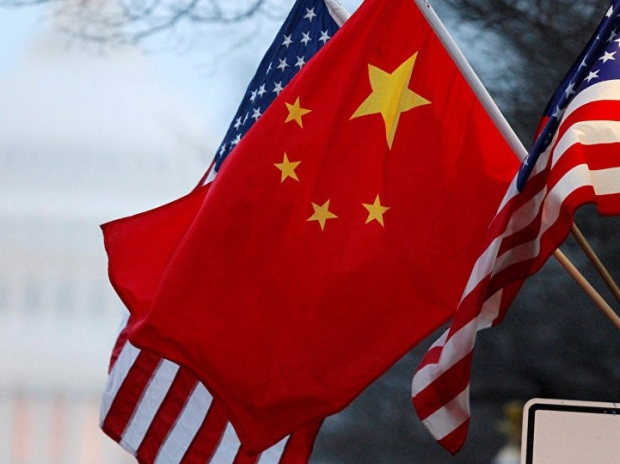For those who came in late, the US practically shut down ZTE by refusing to let US companies supply it with the technology for seven years as a punishment for trading with Iran. However the move is rapidly proving short sited. While the Chinese had been concerned about its dependence on US chips, the dramatic ability of Trump's government to shut down Chinese industry has confirmed that it is indeed a serious economic vulnerability. While this would be a problem in a western democracy, China is that rarity of economics, a wealthy socialist nation. It can, and it will throw money at a problem to make it go away.
While many in the west might smugly point out that Chinese chip makers are generations behind the West, they underestimate the resources that China can pour into the situation. While Intel might be able to get tax sweeteners for its projects and buildings, the Chinese will give cash for R&D, demand and get results.
Chinese companies are lining up to help. This morning Tencent Holdings chairman pledged to advance China’s semiconductor industry, saying the blow to ZTE Corp from Washington’s ban on US firms supplying telecommunications company was a “wake-up” call.
“The recent ZTE incident made everyone more clearly realise that however advanced one may be in mobile payment, without the mobile, the chips and the operating system, you still cannot compete”, Chinese media reports cited Tencent's Pony Ma as saying at a forum in Shenzhen on Saturday.
If the Chinese resource allocation speeds up the rise in technology in China, it will not need American tech at all. This will kill off the need for Asian companies to look to Qualcomm, Intel and Apple. While it will be possible for the west to shut down Chinese imports to prop up what will become ailing chip businesses, it is a moot point if China needs the US market at all.
Trump appears to have realised that shutting down ZTE was a mistake and has reached a deal to put ZTE back in business after the company pays a $1.3 billion fine and makes management changes. But it seems that move is unpopular with US lobby groups who don't want to see Chinese manufacturers undercutting them on their home turf. They have instructed their paid senators to oppose the plan.
Ma said: “even though the ZTE situation was in the process of being resolved, we must not lose vigilance at this time and should pay more attention to fundamental scientific research”.
Tencent is looking into ways it could help advance China’s domestic chip industry, which could include leveraging its vast data demand to urge domestic chip suppliers to come up with better solutions, or using its WeChat platform to support application developments based on Chinese chips, Ma said.
“It would probably be better if we could get in to support semiconductor R&D, but that is perhaps admittedly not our strong suit and may need the help of others in the supply chain.”




